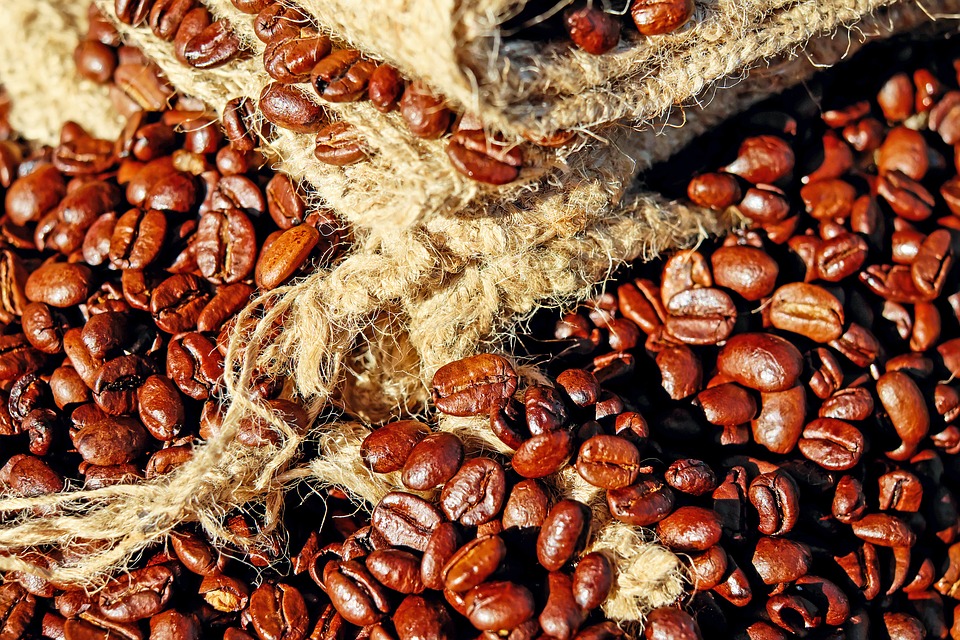Why Does Coffee Go Stale?
“Just as iron is oxidized to form rust, stale coffee is what you get when roasted beans (or grounds) have been oxidized from exposure to oxygen; the more intense the exposure, the more quickly oxidized and stale your coffee will become. Other factors such as heat and moisture can also make oxidation occur. In your mug: rancid, bitter coffee for which no brewing technique on earth can undo the damage.”
Ever brewed a pot of coffee, only to return to it a few hours later and upon taking the very first sip, spit it out with such a force your neighbours know what’s happened?
That’s because your coffee has been exposed to air for too long – hence the reason for most filter coffee pots containing sealing lids top prevent this prolonged exposure to their air.
How to Prevent Coffee from Going Stale
Preventing coffee from becoming stale is quite a simple concept; the shorter the time period between either opening placket of coffee beans r grounds, or preparing your coffee and drinking it – the better.
Oxidation occurs with coffee in any form when it is exposed, so keeping your coffee beans or grounds in the fridge (the old wives tale) has some bearing in keeping it fresh; if the coffee packet is re-sealed tightly, and placed in the fridge, you can expect a two to three day extension ion the freshness of this coffee.
However, when it comes to brewed coffee, your best bet is to try consuming the coffee within an hour of preparing it. Allowing a longer time before consuming can lead to bitter, dull tastes and a complete loss of the fresh and uplifting coffee flavour you’re so desperately after.
Lastly, when attempting to keep whole coffee beans fresh (especially when they are in the ben container of a coffee machine) – is to ensure they have an aroma preservation cover. If the beans are exposed to air and movement in the time they are stored in the bean container, not even grinding them, on the spot to prepare your coffee will help improve the taste. Basically, look after your coffee beans as if they were glass. No heats, keep them cool, keep them dry and keep them sealed air-tight.
h/t to foodrepublic.com for this great info!
